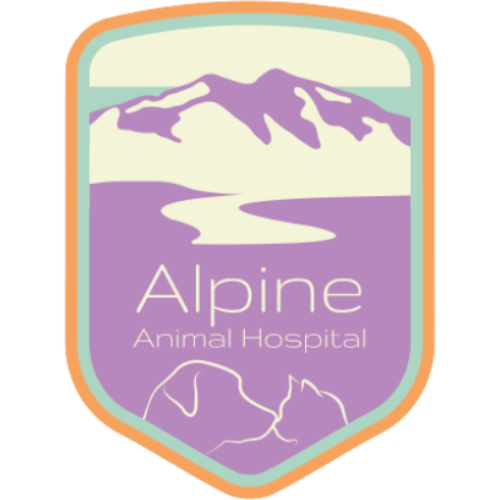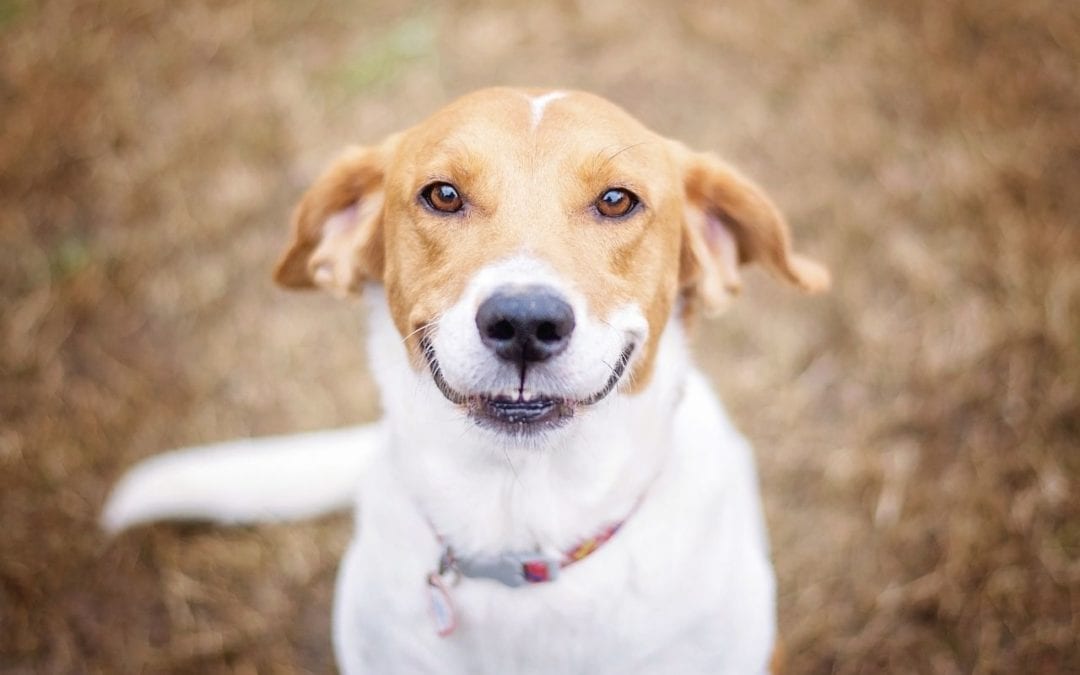

Unfortunately, 80% of dogs and 70% of cats will have some form of periodontal disease by the time they are 3 years old. Periodontal disease includes gingivitis (inflammation of the gums) and periodontitis (loss of bone and soft tissue around the teeth). Early detection at your pet’s annual exams and regular cleanings are critical in preventing periodontal disease, mouth pain, and associated health problems. Bacteria in the mouth associated with periodontal disease can enter the bloodstream and be carried to other parts of the body, causing problems in and around the liver, kidneys, and heart.
All pets are at risk for developing dental problems, so it is important for owners to have their pet’s teeth examined every 6 to 12 months by a veterinarian to detect problems early on. Have your pet’s teeth checked sooner if you observe any of the following problems at home:
- bad breath
- broken or loose teeth
- extra teeth or retained baby teeth
- teeth that are discolored or covered in tartar
- abnormal chewing, drooling, or dropping food
- from the mouth
- reduced appetite or refusal to eat
- pain in or around the mouth
- bleeding from the mouth
- swelling in the areas surrounding the mouth
Regularly brushing your pet’s teeth is the single most effective routine you can do at home to fight off tartar and gum disease between professional cleanings. Brushing your pet’s teeth on a daily basis is ideal, but we know that isn’t always realistic. Just brushing a few times a week with a toothbrush (or fingerbrush) and some enzymatic toothpaste can remove much of the plaque that forms on teeth. Not sure how to brush your cat or dog’s teeth? Ask us the next time you’re in and we’ll show you how.


